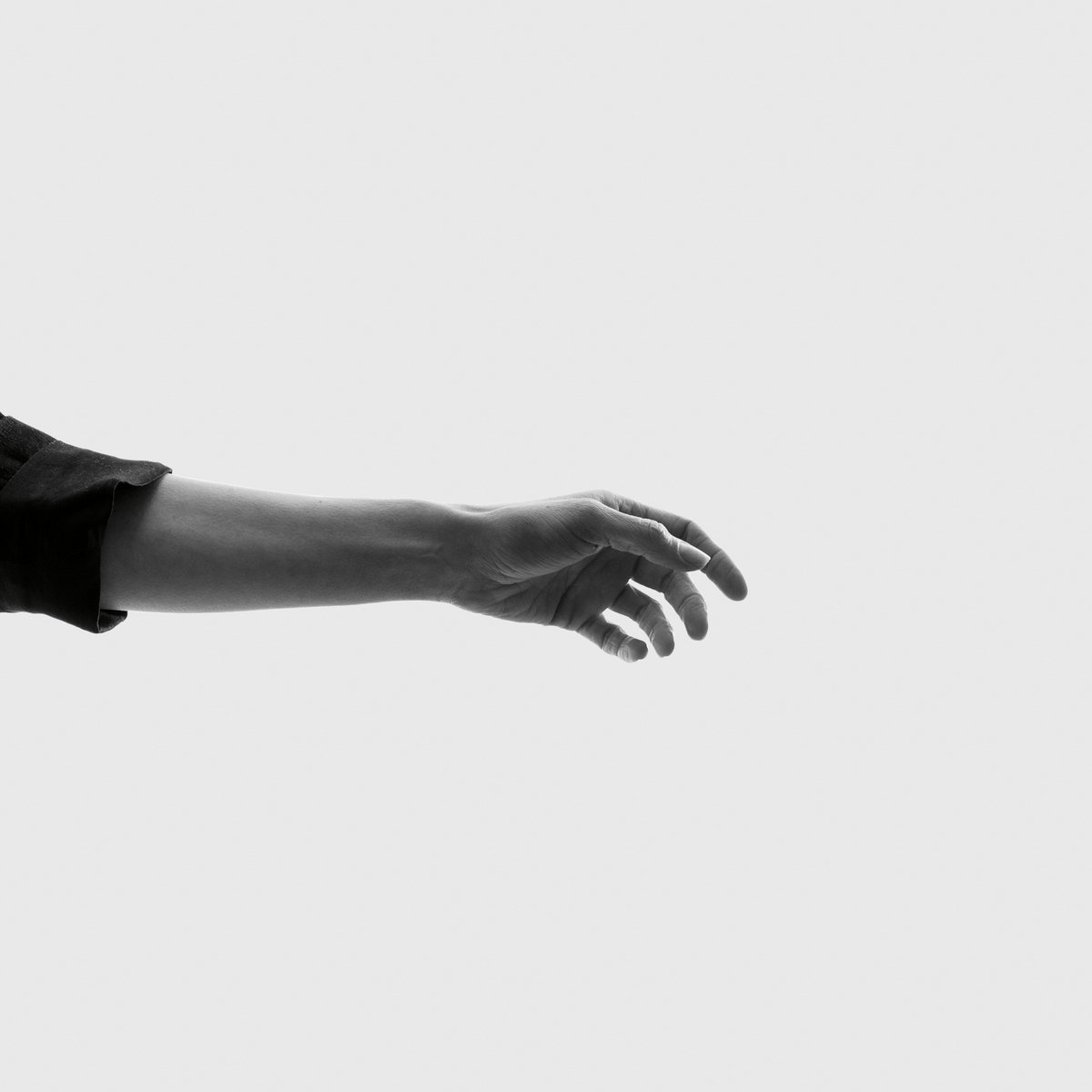Oldham actor and performer Keeley Forsyth worked on music in private for many years before she eventually found the right circumstances in which to record and release it. Her debut album, Debris, came out in early 2020, just before the pandemic shut everything down. On the surface this would seem like a stroke of bad luck, but the record’s stately and blackened exploration of depression struck a chord with locked down listeners. It also allowed enough time for fans to fall under its sway, as Forsyth’s music is not here to grab attention – it waits for you to come to it.
That remains true on the follow-up, Limbs. This second outing is less weighed down by regret, as Forsyth instead focuses on minute movement and her space within the world, but it is no great overhaul to her approach. She is still making the kind of music whose enjoyment is unlocked through concentration, immersion and respect – you have to attune yourself to its gravity to penetrate it.
Perhaps it’s because Forsyth made her name in acting, but her music feels particularly neatly composed, each element’s ‘blocking’ and position perfectly measured to cast the right shades of light and dark. This makes her minimal words stand out all the more starkly. This is evident from the first line of opening track “Fires”; “Go into the chair where sadness lies” she sings as a wan but focused beam of synth wraps around her voice like a spotlight on the chair in question, empty space all around it. It focuses your attention and sucks you into the image, while her perfectly weathered voice brings the weight of historic pain without having to say anything more than “there were fires here before me”.
Limbs is filled with these stark studies of minute moments, some physical, some mental, some metaphysical. “Limbs” seems to be a combination of the three, as Forsyth observes her physical presence and the space it consumes with equal parts fascination and horror, the song building from whispering synth and beat to howling slow-motion techno as she envisions floating away, adrift in frost.
Visitations from the past are also a constant presence in Forsyth’s music, and they shapeshift impossibly in between her slight lines. On “Land Animal” a memory of someone becomes a being, becomes a killer – the interpretation of these scant images left as wide open as the broad and bright soundscape that underlies them. Another highlight, “Wash” finds her literally haunted by an unresolved past; memories of hand holding and subsequent loss replaying interminably in her head.
Given her very purposeful and precise approach to arrangement and composition, the moments when something jumps out of the pristine package strike all the more harshly, jolting you out of your focus. In the midst of “Bring Me Water”’s mournful meditation, supported by funereal and murmuring keys, Forsyth’s monotone voice suddenly jumps into its piercing higher register as she pleads “let me begin again” – it sends a shiver down the spine as it suddenly forces you to acknowledge the deeply human soul hiding beneath the deceptively placid exterior, one filled with pain. The bowed serpent cymbal on “Wash” is another of these jolting moments, as it sounds like power drills working their way through her skull as she tries to relieve her pain.
This is also for this reason that the closing track “I Stand Alone” stands out so distinctly. It is the most overtly emotional vocal we’ve heard from her, a tender quiver in her voice as she sings of “waiting for the world to end”, before leaping into a rapturous chorus where she questions “who will be my friend?” This relatively showy performance is supported by a simple but fairly extroverted array of synths, where a droning organ sound blossoms into a golden array that animates the scene outside the window where “the shadow chases the last fox / under the edge across the field”. It’s a beautiful and slightly hopeful end to the album, and one that could point to where Forsyth can move her sound without completely undoing the bewitching stillness that is so crucial to its power.
It’s easy to pin Limbs as a lockdown album given the time it was written and recorded, and the sense of isolation that inhabits every second. However, while that is undoubtedly in the background and had an undeniable influence on Forsyth’s writing, this album lives beyond that period. For many, isolation, depression and being haunted by the past are not confined to the last two years, they are constant. Limbs is an arresting portrait of that mental state, one which is equal parts hopeful and harrowing. While each element has been particularly, even painfully, placed to present a certain image and mindset, there’s plenty of space left on the canvas to project one’s own thoughts and feelings, which is exactly the kind of engagement that an artist like Forsyth hopes to garner.

